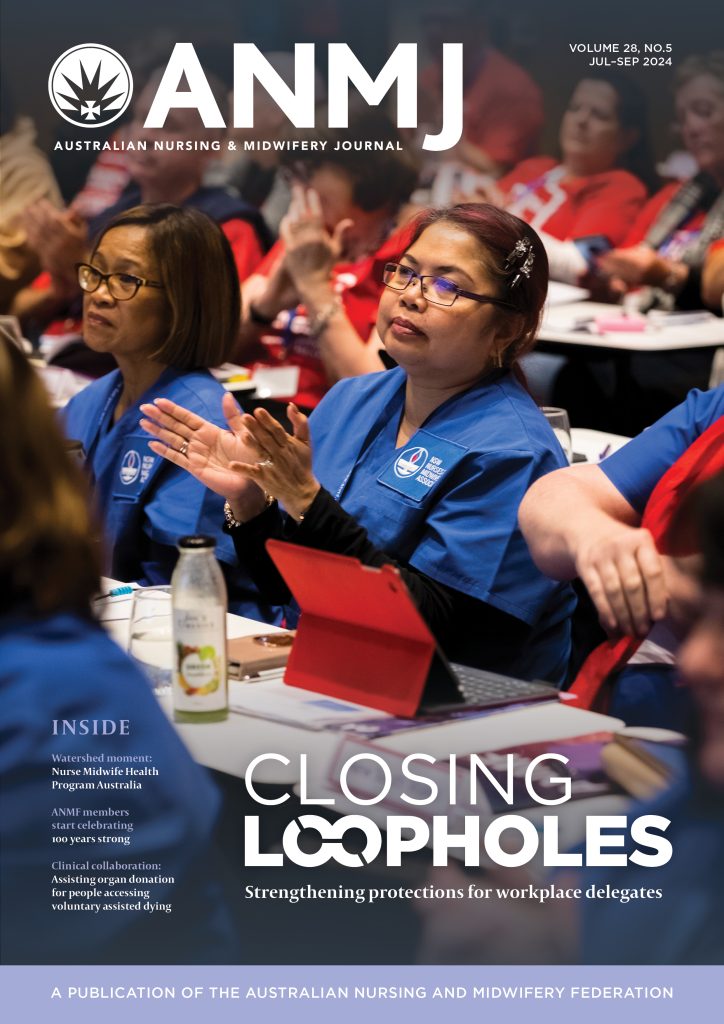The Fair Work Commission (FWC) has decided to increase Australia’s minimum wage by 5.2% in a bid to provide relief to the nation’s lowest paid workers amid rising cost of living pressures.
The national minimum wage will rise to $812.60 per week, or $21.38 per hour. The boost will mean an extra $40 per week to household budgets.
“This level of increase will protect the real value of the wages of the lowest paid workers,” FWC President Iain Ross said in handing down today’s decision.
Meanwhile, the FWC also announced its proposal to increase Modern Award minimum wages by 4.6%. The move will lift minimum award wage rates to $869.60 per week, subject to a minimum increase of $40 per week.
The variations will come into effect from 1 July. A handful of Modern Awards, however, covering the aviation, tourism and hospitality sectors, have been granted a delay until 1 October.
The Australian Council of Trade Unions (ACTU), who lobbied tirelessly for the increase, said today’s decision puts an extra $40 a week in the pocket of 2.7 million full-time workers on the minimum wage and low-paid workers.
While a welcome outcome, the ACTU says some 8.5 million workers still don’t know where their next wage rise is coming from.
“If it were not for unions, with employers pushing for big real wage cuts, Australian working people and their families would see no relief from cost of living pressures,” ACTU Secretary Sally McManus said.
“This Annual Wage Review is one tool we have to generate wage growth, but it only affects one in four workers – we need wage growth across the economy.”
Australia needs a plan to ensure that over time, wages grow for working people, as the current system is not delivering,” Ms McManus said.
“Clearly the current system is failing. It is unable to deliver wage increases despite low unemployment, high productivity and high profits. Working people are feeling the serious consequences of nearly 10 years of inaction by the previous Government.
“Our country needs to take a fresh look at this problem and address it. It is not acceptable that working Australians and their families continue to go backwards while big business does so well.
“We cannot be satisfied with a wage setting process that leaves minimum wage workers living in poverty and delivers real wage cuts for the average worker.”









